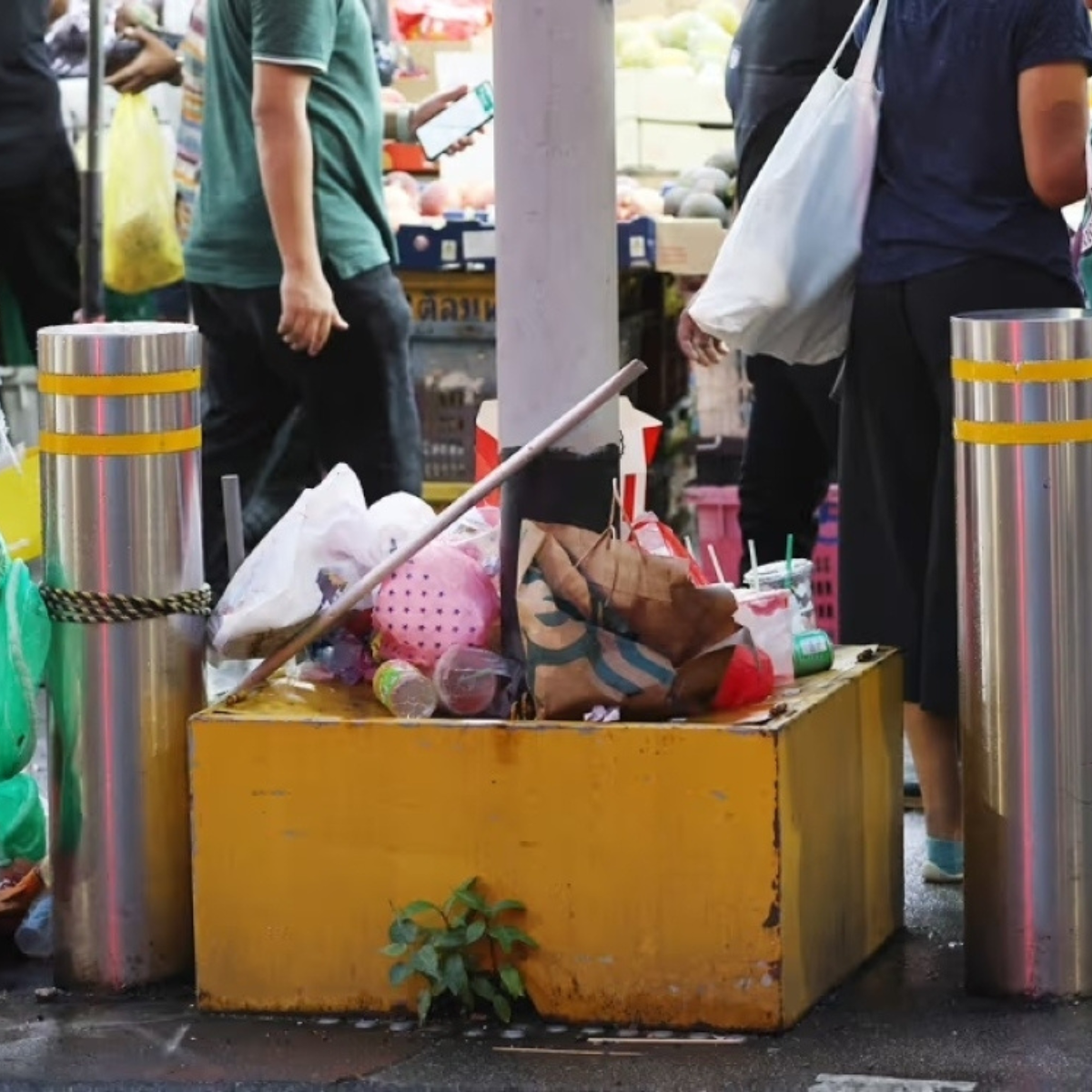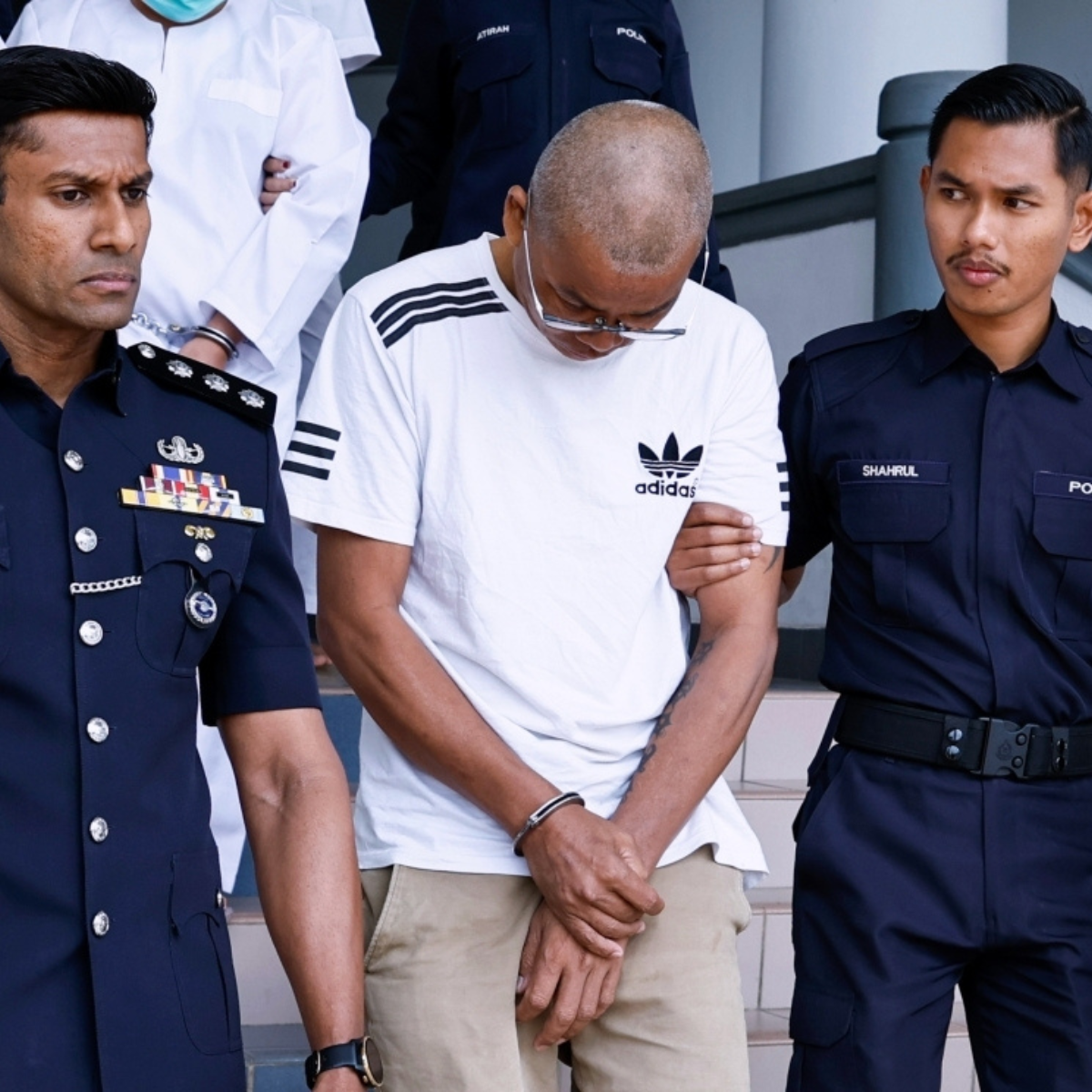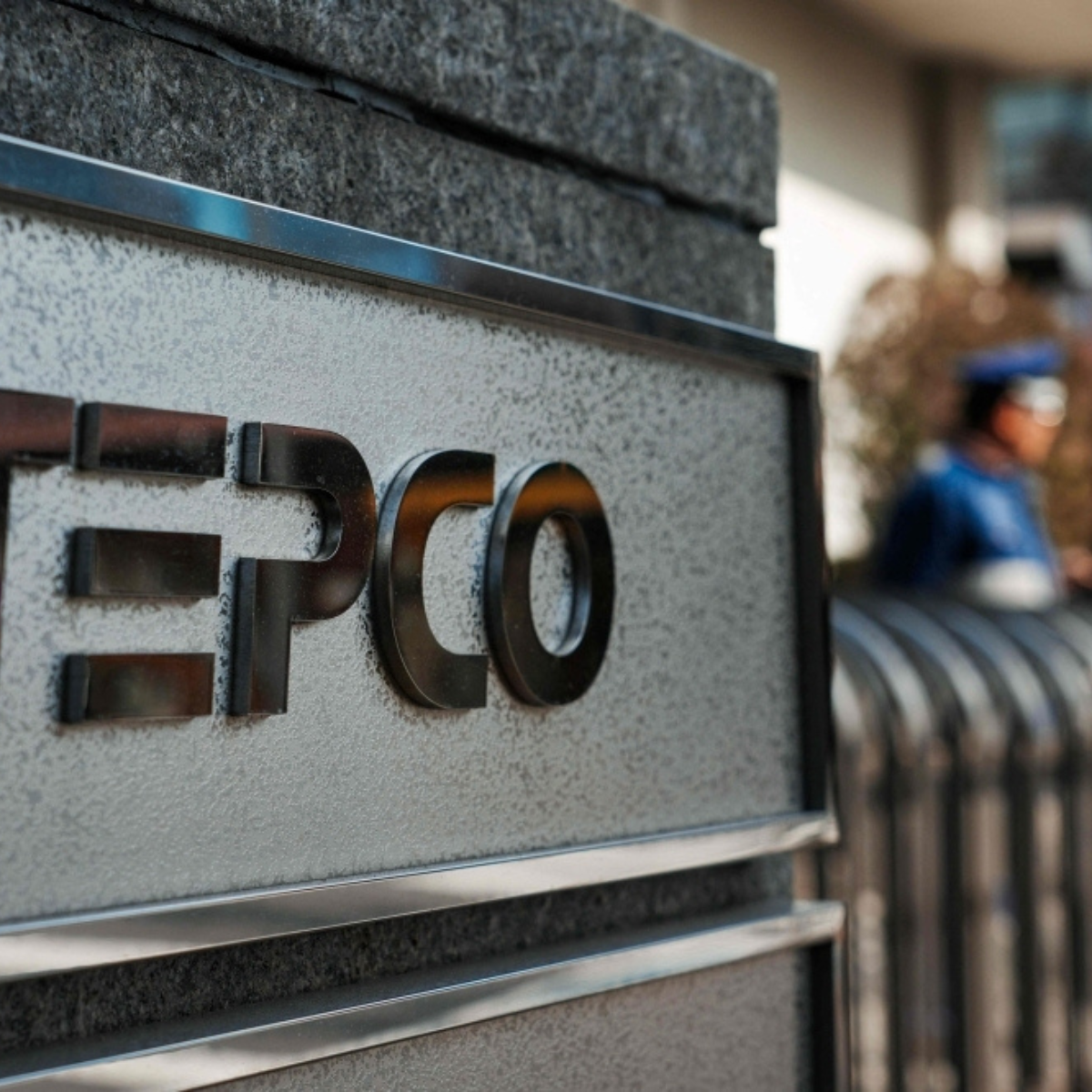KUALA LUMPUR, Jan 23 — Two foreign nationals have become the first individuals in Malaysia to be charged in court for littering under the newly enforced anti-littering law, according to a report by The Star.
BEIJING, March 5 — Chinese Premier Li Qiang reaffirmed today that China will “firmly advance” its goal of “reunification” with Taiwan while opposing foreign interference. He also emphasized working alongside the Taiwanese people to achieve the broader vision of China’s national rejuvenation.
China considers Taiwan a part of its territory, despite opposition from Taipei’s government, and has increased military pressure on the island in recent years, including large-scale war drills.
“We will steadfastly promote China’s reunification and collaborate with our compatriots in Taiwan to achieve the great rejuvenation of the Chinese nation,” Li stated in his annual work report to China’s parliament.
In his report last year, Li had reiterated Beijing’s call for reunification but emphasized a firmer stance, omitting the term “peaceful” that had been used in previous years.
Beijing has consistently opposed Taiwanese independence, reaffirming its commitment to resisting separatist activities. However, this year’s report included a renewed appeal to “fellow Chinese in Taiwan,” a phrase absent from the previous report, suggesting a strategic shift in rhetoric.
Taiwan’s President Lai Ching-te has maintained that only the Taiwanese people can determine their future. He has repeatedly expressed willingness to engage in dialogue with China, but Beijing has rejected these overtures, branding him a “separatist.”
China has never ruled out using force to bring Taiwan under its control.
Amid growing tensions between China and the United States—particularly as former President Donald Trump intensifies pressure on Beijing through tariffs—China reiterated its opposition to “external interference” on the Taiwan issue. It also reaffirmed its commitment to a peaceful foreign policy, opposing “hegemonism, power politics, unilateralism, and protectionism in all forms.”
Taiwan’s Mainland Affairs Council, the government body responsible for cross-strait relations, has yet to comment on Li’s remarks.
A senior Taiwan official, familiar with the government’s China policy, noted that Beijing’s tone on Taiwan had remained largely unchanged, suggesting that Taiwan is not a top priority for China’s leadership, which is currently more focused on economic issues and its relationship with the U.S.
“They are reiterating their agenda of expanding cross-strait exchanges,” the official said, pointing to the mention of engaging with Taiwanese people as a potential sign of China ramping up efforts to strengthen its influence through cultural and religious exchanges.
“But their exchanges are selective—only those that serve their political agenda are encouraged, while others are restricted. It’s clear these efforts are politically motivated,” the official added.
March marks the 20th anniversary of China’s “anti-secession” law, which grants Beijing the legal authority to use force if Taiwan declares independence or if “peaceful reunification” is deemed unattainable. However, the law remains vague, lacking specific details on how such a scenario would unfold. — Reuters






